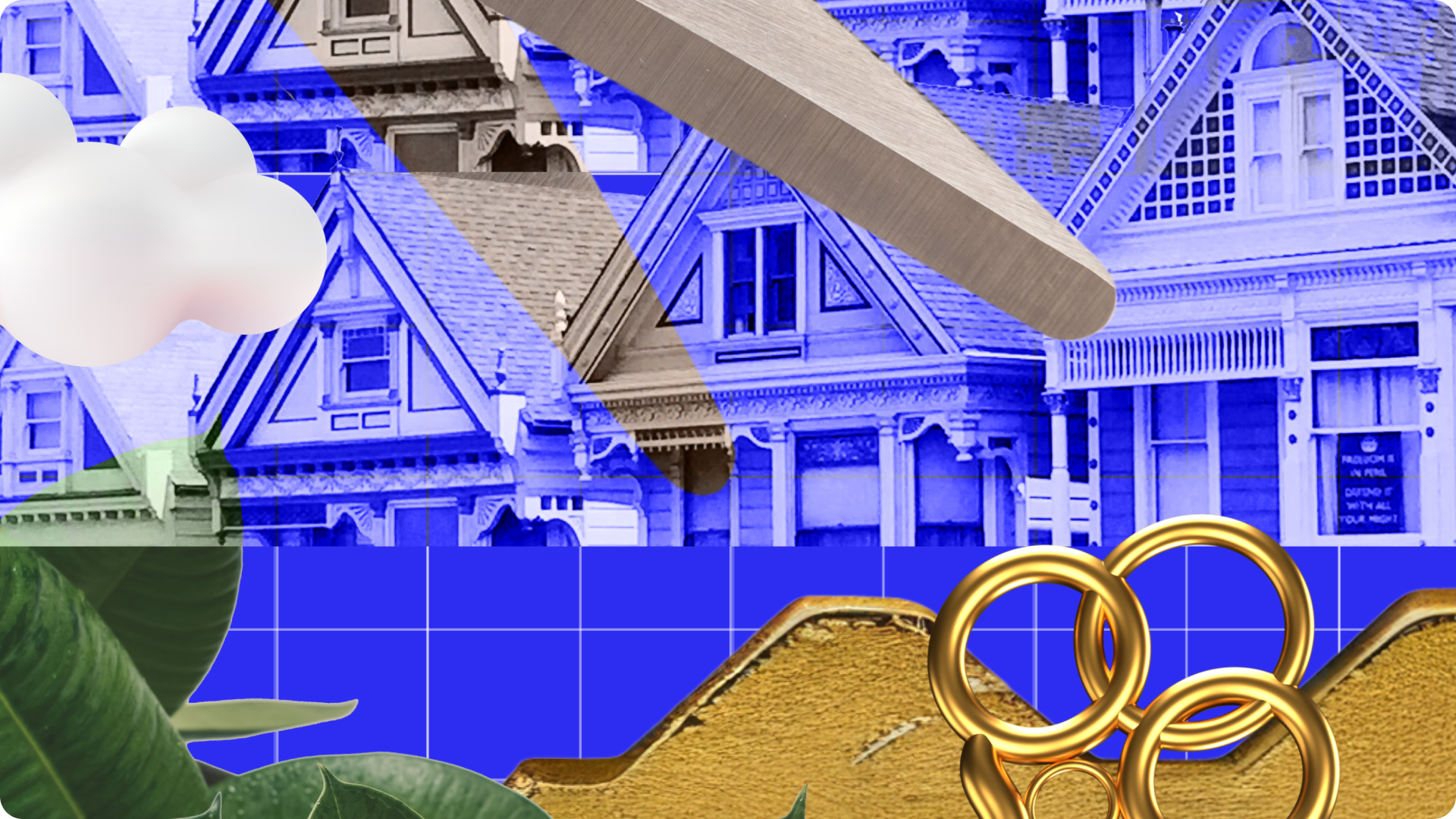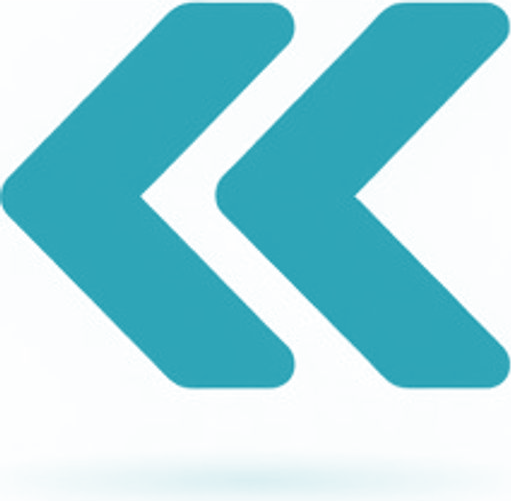
Real-World Asset Tokenization in 2024: The Complete Guide to Digital Transformation
Real-world asset tokenization transforms traditional assets into blockchain-based digital tokens, enabling fractional ownership and enhanced trading capabilities. This innovation democratizes access to investments while reducing costs and increasing market efficiency.
Real-World Asset Tokens Overview
Asset tokenization allows investors to own fractions of valuable assets like real estate, art, and commodities through blockchain technology. This fractional ownership model makes previously inaccessible investments available to a broader range of investors.

Digital assets and tokenization concept
Tokenization Process
- Asset Valuation: Determine accurate market value
- Legal Structure: Establish regulatory compliance framework
- Smart Contract Development: Create and deploy digital tokens
- Token Issuance: Distribute tokens to investors
- Secondary Market Trading: Enable token trading
Token Types
- Security Tokens: Represent ownership with dividend/voting rights
- Utility Tokens: Provide access to specific services
- Asset-Backed Tokens: Directly linked to physical or intellectual assets
Market Growth
The tokenized asset market is projected to reach $16 trillion by 2030, driven by:
- Improved efficiency through blockchain technology
- Lower transaction costs
- Increased accessibility via fractional ownership
- Integration with DeFi protocols
Regulatory Landscape
- EU: Unified framework through MiCA and DLT Pilot Regime
- US: SEC oversight treating most tokens as securities
- Singapore: Progressive regulation through MAS initiatives
Algorand's Role in Asset Tokenization
Key Features:
- Instant transaction finality
- Low transaction costs
- Advanced smart contract capabilities
- Environmental sustainability
- Pure Python programming support through AlgoKit 2.0
Real-World Applications:
- Real Estate: Fractional property investment through Lofty AI
- Commodities: Trading platforms by Meld and Agrotoken
- Financial Instruments: Tokenized money market funds
- Cultural Assets: Music royalty trading via ANote Music
Challenges
- Regulatory Uncertainty: Evolving legal frameworks across jurisdictions
- Market Liquidity: Building robust secondary markets
- Infrastructure Integration: Connecting with traditional financial systems
The tokenization of real-world assets continues to evolve, with Algorand providing a robust platform for innovation while addressing key market challenges. Success depends on regulatory clarity, market adoption, and technological advancement.
